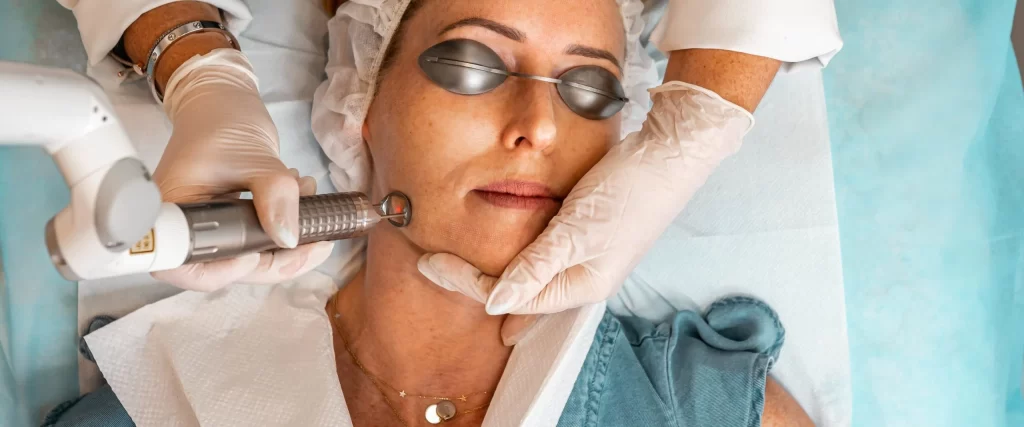The Impact Of Acne Scars On Self-Esteem

Acne scars can have a profound impact on an individual’s self-esteem and emotional well-being, extending far beyond physical appearance. The psychological effects of acne scars can be significant, affecting various aspects of life, from social interactions to mental health. Understanding the emotional toll of acne scars is crucial for developing effective plans for acne scar treatment in Dubai.
Negative body image:
Acne scars can lead to negative perceptions of one’s appearance, contributing to feelings of self-consciousness, embarrassment, and dissatisfaction with physical appearance. Individuals may avoid social situations, cover their scars with makeup or clothing, or develop obsessive grooming habits in an attempt to conceal or minimize their scars. These behaviors can impact self-esteem and quality of life, leading to decreased confidence and self-worth.
Social withdrawal:
Acne scars can hinder social interactions and activities, causing individuals to withdraw from social situations, avoid public settings, or isolate themselves from others. Fear of judgment or ridicule may prevent individuals from forming meaningful connections, participating in social events, or engaging in activities they enjoy. Social withdrawal can exacerbate feelings of loneliness, depression, and anxiety, further impacting overall well-being and mental health.
Psychological distress:
Living with acne scars can take a toll on mental health, contributing to feelings of depression, anxiety, and low self-esteem. Individuals may experience negative thoughts and emotions related to their appearance, leading to self-doubt, low confidence, and a diminished sense of self-worth. Persistent feelings of distress can interfere with daily functioning, relationships, and overall quality of life, making it challenging to cope with the emotional impact of acne scars.
Impaired quality of life:
Acne scars can significantly impact various aspects of life, including relationships, work, and leisure activities. Individuals may avoid socializing, pursuing career opportunities, or engaging in activities that require them to expose their skin, leading to feelings of isolation, frustration, and reduced life satisfaction. The emotional burden of acne scars can overshadow other areas of life, affecting overall well-being and happiness.
Seeking treatment and support:
Recognizing the emotional impact of acne scars is the first step toward seeking treatment and support. Dermatological interventions, such as topical creams, chemical peels, microneedling, laser therapy, or surgical procedures, can help improve the appearance of acne scars and boost self-confidence. Additionally, seeking support from mental health professionals, support groups, or trusted friends and family members can provide emotional validation, coping strategies, and a sense of community for individuals struggling with the psychological effects of acne scars.




